【DELF B2 Prep】What Is A.I.?Learn Useful French Sentences In 5-minute
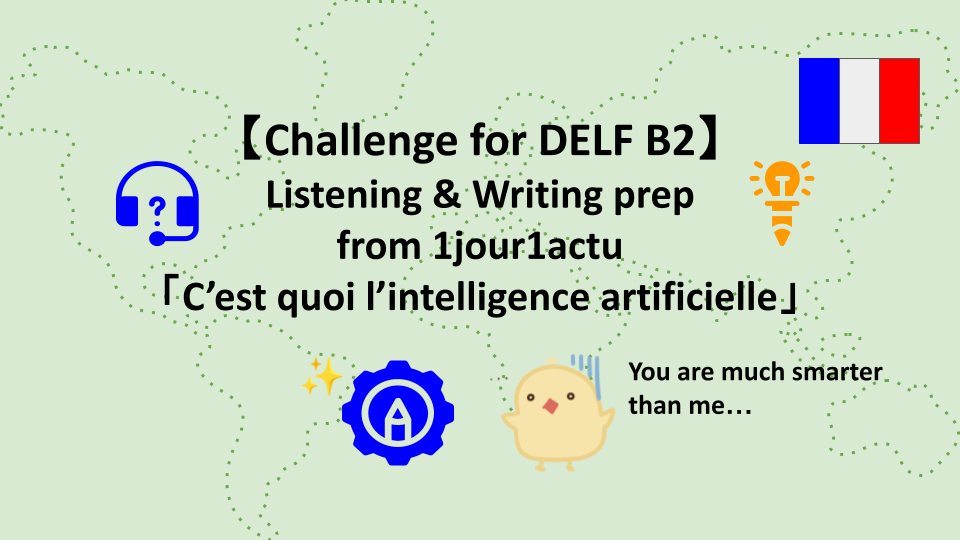
This post is 5 minutes read time. Aiming for studying by just reading!
My DELF B2 Preparation Blog – Listening & Writing Practice
Learning French Through Real Topics: “C’est quoi, l’intelligence artificielle ?” – 1jour1actu
L’intelligence artificielle (Artificial intelligence) is everywhere today—from medical robots to grammar correctors and social media tools. But does that mean we no longer need to learn languages?
This post is part of my DELF B2 preparation series, where I use real French reading materials to study vocabulary, grammar, and writing skills. Today, we’re working with an article from the French kids’ news site 1jour1actu, titled: “C’est quoi, l’intelligence artificielle ?“
🔸Key Sentence Breakdown|Let’s read and understand the original
L’important est de réfléchir à l’utilisation de l’I.A. et de se poser les bonnes questions… comme de vrais humains !
Translation:
The important thing is to reflect on how we use A.I. and to ask the right questions—like real humans!
This sentence is rich with expressions that you can reuse in your DELF B2 writing or speaking exam. Let’s break it down:
🔍 Vocabulary & Grammar Breakdown
| French | Translation | Explanation |
|---|---|---|
| L’important est de + infinitif | The important thing is to… | Useful for starting conclusions or advice in essays. |
| réfléchir à [qqch] | to reflect on [something] | Always used with à. Good for opinion or analysis. |
| l’utilisation de l’I.A. | the use of A.I. | Common phrase in tech-related topics. |
| se poser des questions | to ask oneself questions | Reflexive verb. Shows critical thinking. |
| les bonnes questions | the right questions | Use when talking about thoughtful decisions. |
| comme de vrais humains | like real humans | Comparison with comme. Adds human perspective. |
📚Vocabulary Boost
| French Expression | Meaning | Notes |
|---|---|---|
| un outil informatique | a computer tool | Common in tech contexts |
| faire un bond de géant | to make a huge leap | Use in describing rapid progress |
| tricher | to cheat | Often appears in school-related texts |
| diffuser des fausses informations | to spread false information | Use in debates or argumentation |
| interdire | to forbid | Typical in law/school topics |
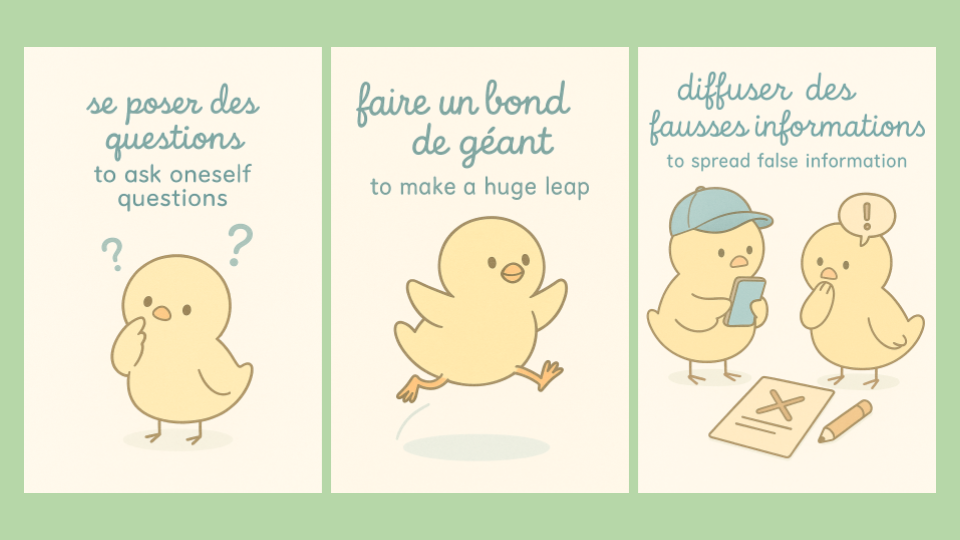
🔧 Grammar Focus | Key Structures for B2
1. s’interroger sur + noun (reflexive verb)
- Structure: Reflexive verb + preposition sur
- Meaning: “To reflect on” or “to question something deeply”
- Use in writing: Ideal for discussing ethical or social topics, especially when you want to show critical thinking in your essay.
✅ Example: Les experts s’interrogent sur les dangers de l’I.A.
→ “Experts are reflecting on the dangers of A.I.”
🔍 BONUS: What about interroger without se?
| Form | Meaning | Example | Translation |
|---|---|---|---|
| interroger qqn | to question someone | Le journaliste a interrogé le président. | The journalist questioned the president. |
| s’interroger sur qqch | to question/reflect on something | Je m’interroge sur l’avenir de l’éducation. | I’m reflecting on the future of education. |
2. Doit-on + verb? (impersonal structure)
- Structure: Modal verb devoir used impersonally in a question
- Meaning: “Should we…?”
- Use in writing: Perfect for introducing debate or raising questions in your DELF B2 essay introduction.
✅ Example: Doit-on limiter l’usage de l’I.A. à l’école ?
→ “Should A.I. use be limited in schools?”
📘 Essay Expressions | Ready-to-Use Phrases
Use these high-impact French expressions in your DELF B2 writing tasks. Each phrase comes with an example and English translation to help you fully understand and reuse it.
| French Expression | Example in French | English Translation |
|---|---|---|
| Il est important de + inf. (“It is important to…”) | Il est important de comprendre les limites de l’I.A. | It is important to understand the limits of A.I. |
| Certains pensent que…, mais je crois que… (“Some people think that…, but I believe that…”) | Certains pensent que l’I.A. peut remplacer l’apprentissage des langues, mais je crois que ce n’est pas suffisant. | Some people think that A.I. can replace language learning, but I believe it’s not enough. |
| Grâce à + noun (“Thanks to…”) | Grâce à l’I.A., on peut gagner du temps. | Thanks to A.I., we can save time. |
| Cela ne remplace pas… (“That does not replace…”) | Cela ne remplace pas les interactions humaines. | That does not replace human interactions. |
| Dans une conversation spontanée… (“In a spontaneous conversation…”) | Dans une conversation spontanée, il faut pouvoir réagir sans attendre la machine. | In a spontaneous conversation, you need to be able to react without waiting for a machine. |
🖋️ Practice Writing | Short Essay Prompt
Sujet : L’intelligence artificielle rend-elle inutile l’apprentissage des langues étrangères ?
(Does A.I. make language learning unnecessary?)
Model Answer (excerpt):
Introduction
Des outils d’intelligence artificielle comme ChatGPT peuvent traduire, rédiger et corriger des textes. Mais avons-nous encore besoin d’apprendre des langues étrangères ?Argument 1
Grâce à l’I.A., écrire ou comprendre un texte en langue étrangère devient beaucoup plus facile. C’est une aide précieuse, notamment pour les professionnels.Argument 2
Cependant, l’I.A. ne peut pas remplacer une véritable compréhension. Si l’on ne parle pas la langue, on risque de transmettre des informations incorrectes. De plus, lors d’une conversation de groupe en temps réel, il est indispensable de posséder des compétences linguistiques réelles.Conclusion
En résumé, l’I.A. est utile, mais elle ne suffit pas. Il est toujours nécessaire d’apprendre les langues pour communiquer clairement et réfléchir de manière critique.
Translation:
Introduction
A.I. tools like ChatGPT can translate, write, and correct texts. But do we still need to learn languages?
Argument 1
Thanks to A.I., writing or understanding foreign texts is much easier. It’s a great help for professionals.
Argument 2
However, A.I. cannot replace true understanding. If you don’t speak the language, you might share incorrect information. Also, in real-time group conversations, you need real language skills.
Conclusion
In short, A.I. is useful, but not enough. We should still learn languages to communicate clearly and think critically.
✅ Test Yourself | Final Quiz
1. What does “faire un bond de géant” mean?
a) To take a short break
b) To make a huge leap
c) To fall behind
2. What kind of structure is “Doit-on interdire l’I.A.”?
a) Passive
b) Reflexive
c) Impersonal
3. Translate “to spread fake news”:
Answers
- b) To make a huge leap
- c) Impersonal
- diffuser des fausses informations
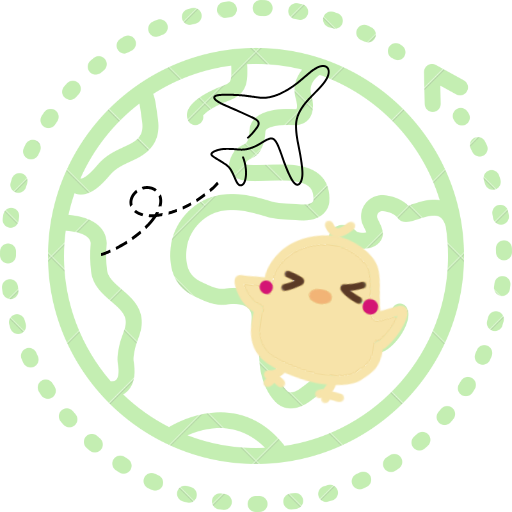

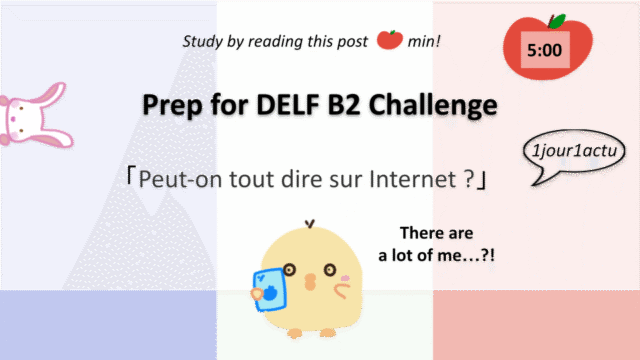
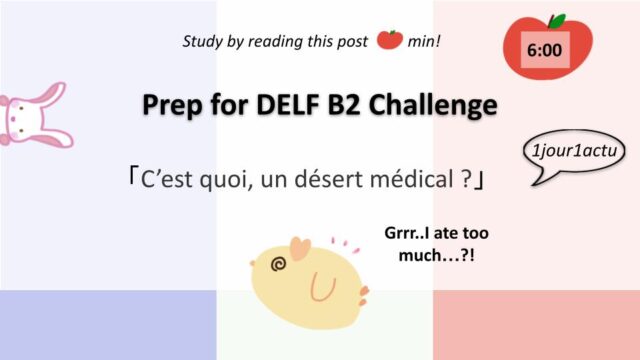
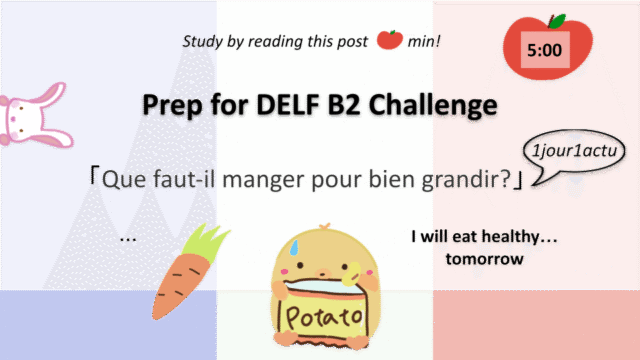
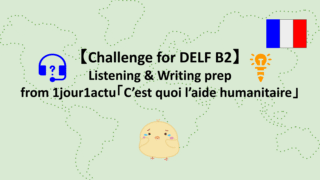
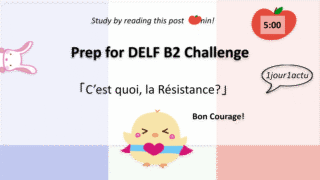


Leave a Reply